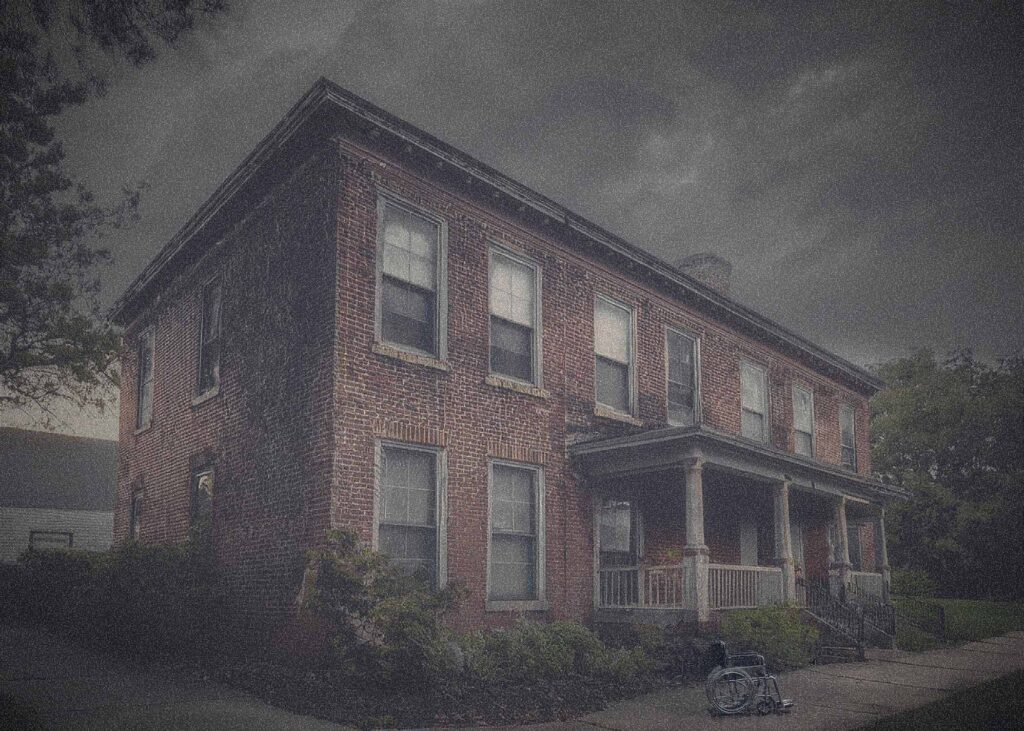By Garret DeReus, December 24, 2024
For families seeking long-term care options for loved ones with developmental disabilities in Louisiana, Intermediate Care Facilities (ICFs) play a vital role in providing comprehensive residential care and support services. These specialized facilities operate under state regulations intended to ensure quality care for individuals with disabilities.

What is an ICF in Louisiana?
An Intermediate Care Facility provides 24-hour residential care for individuals with developmental disabilities. These facilities assist residents with essential daily activities, including eating, personal hygiene, and medication management, while also ensuring access to crucial therapeutic and medical services.
Who Qualifies for ICF Care?
Under Louisiana regulations, ICFs serve individuals with developmental disabilities, which include conditions such as:
- Intellectual disabilities
- Cerebral palsy
- Autism
- Epilepsy
- Other conditions closely related to intellectual disabilities
To qualify, these conditions must manifest before age 22, result in impaired intellectual functioning or adaptive behavior, and likely continue indefinitely.
Services Provided by ICFs
Louisiana ICFs provide comprehensive care that addresses all aspects of residents’ daily needs. Basic services include:
- Safe and appropriate housing accommodations
- Nutritious meals and dietary management
- Personal care assistance, including bathing and grooming
- 24-hour supervision and monitoring
- Medication administration and management
Additionally, residents receive professional healthcare and therapeutic services including:
- Medical care and supervision
- Physical and occupational therapy
- Speech pathology and audiology services
- Psychological support
- Social work services
- Specialized training and habilitation programs
Regulatory Oversight
The Louisiana Department of Health oversees ICF operations under Louisiana Revised Statute 40:2180 and Louisiana Administrative Code Title 48, Part I, § 8501.By way of example, some of the requirements for these facilities are to:
- Obtain proper licensing from the Department of Health and Hospitals
- Complete initial background checks for staff
- Pass compliance surveys
- Maintain written policies for admissions and operations
- Follow guidelines for resident transfers and discharges
- Etc.
Current State of ICF Care in Louisiana
As of fiscal year 2023, Louisiana’s ICF network includes:
- 501 operating facilities
- Approximately 4,122 residents served
- $403.5 million in Medicaid payments
This translates to roughly $805,389 per facility annually, or approximately $97,889 per resident per year in Medicaid funding.
While these facilities incur significant operational costs, operators who aggressively minimize expenses can generate substantial profits from the care of individuals with developmental disabilities. However, cost-cutting measures that reduce staffing levels, limit necessary services, or defer facility maintenance can have devastating consequences for resident safety and well-being.
A Crisis of Oversight and Accountability
Despite receiving substantial Medicaid funding and being responsible for the housing and care of some of Louisiana most vulnerable citizens, serious questions exist about the quality of care in Louisiana’s Intermediate Care Facilities. In an upcoming article, we will examine data concern abuse and neglect within these facilities, including evidence suggesting that incidents of abuse and neglect frequently go uninvestigated.
Long term, we intend to investigate whether any ICFs have been closed due to violations, and examine the effectiveness of current oversight mechanisms. This investigation aims to shed light on potential systemic failures in protecting residents with developmental disabilities and their families.